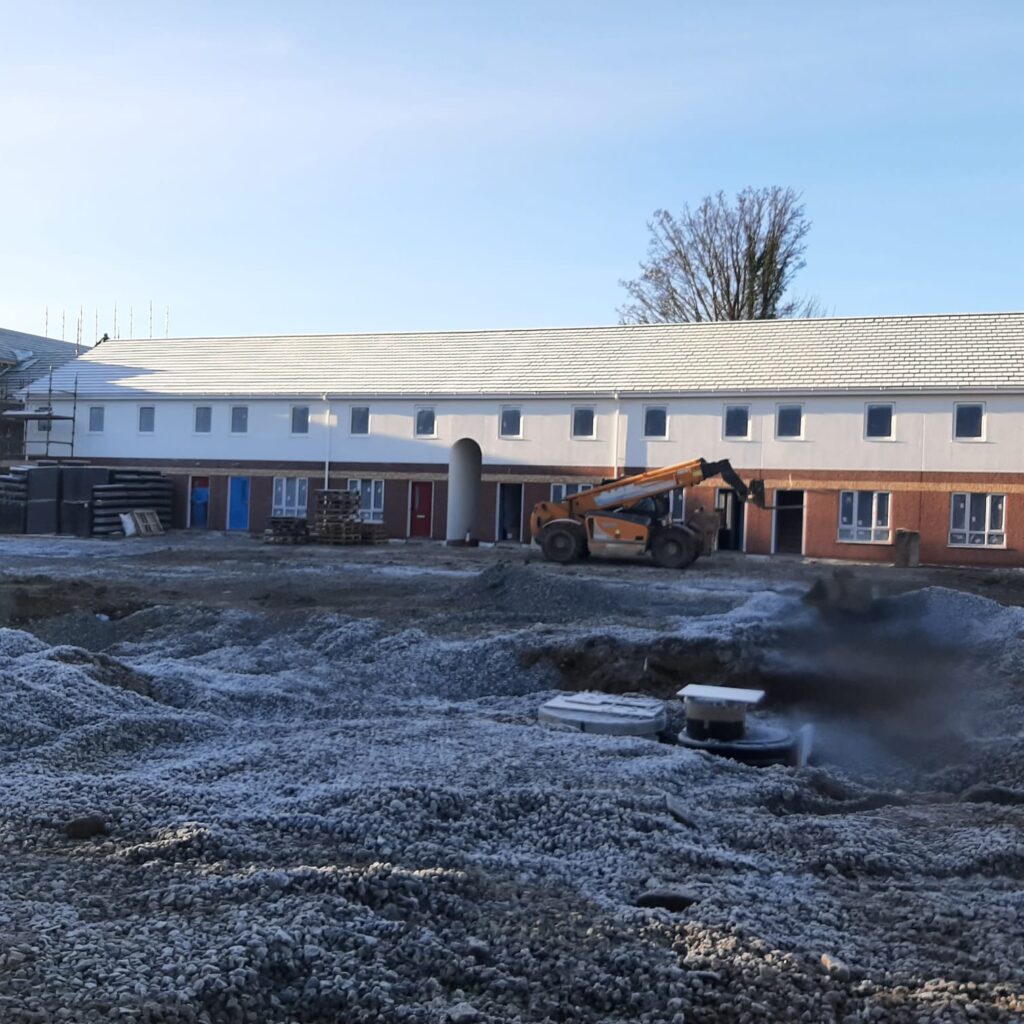Social Value: As CSR morphs into ESG, the social component of development cannot fall short

Most recent reports indicate a noticeable decline in construction activity, marking the fourth consecutive month of downturn. According to the Construction Total Activity Index, the number of residential units under construction in October has dipped. While a slowdown in residential activity seems surprising given the continued growth in housing commencements and completions this year, according to the BNP Paribas report author, “the explanation is simple: completions have been rising faster than commencements in recent months, causing the number of units under construction to edge lower”. Despite the overall contraction, the commercial sector has seen a marginal growth in October. Employment in the sector has been a silver lining, showing a consistent upward trend for ten months. However, there are looming concerns regarding the potential impacts of a weakening economic environment on sector activities. In short, the outlook for 2024 remains strong for housing delivery, while speculative office starts are declining due to market cues, signaling a steep drop in supply from next year.
Against the backdrop of a challenging marketplace, the property development landscape in Ireland continues to evolve; there is a distinct shift towards incorporating ‘social value’ and green practices in construction project procurement. Irish Independent columnist, Paul McNeive, has written an interesting piece in his column this week, articulating how Irish tenders are increasingly following this UK trend. As an alternative lender of finance for these sectors, we see how this works in practice. Indeed, the concept of ‘social value’ in public procurement is gaining prominence, becoming a critical determinant in awarding contracts. The incorporation of social value – investing back into the local community through employment opportunities, apprenticeships, and local projects – is not only a prerequisite in public tenders but is also increasingly valued in the private sector as a part of corporate social responsibility (CSR) or the ‘S’ in ESG. This strategic focus aligns with a broader commitment to societal and environmental objectives. Moreover, ‘green procurement’ is becoming a cornerstone of competitive pitching, where sustainability and environmental strategies are essential for reducing carbon footprints and aligning with green policies. Companies are now expected to demonstrate their contribution to CSR and the environment, which can significantly influence the success of their tender bids.
For our clients in the real estate and construction sectors, these trends underscore the importance of adapting to the changing dynamics by embedding social value and environmental stewardship into their business models. While it takes a bit of work to get this right and to move from expense or cost of doing business, to a value-add component, we know from our UK counterparts that delivering social value not only enhances competitiveness, it can also foster long-term sustainability and profitability in an increasingly conscientious market.
As Lotus Investment Group, our role as development funding partner is to support these initiatives by offering tailored financial solutions that consider the broader impact on society and the environment. By recognising the importance of social value and green procurement, we help facilitate a transition towards a more sustainable and responsible industry, which is better for society and for our clients who are delivering great projects on the ground.
Ian Lawlor
086 3625482
Managing Director
Lotus Investment Group
